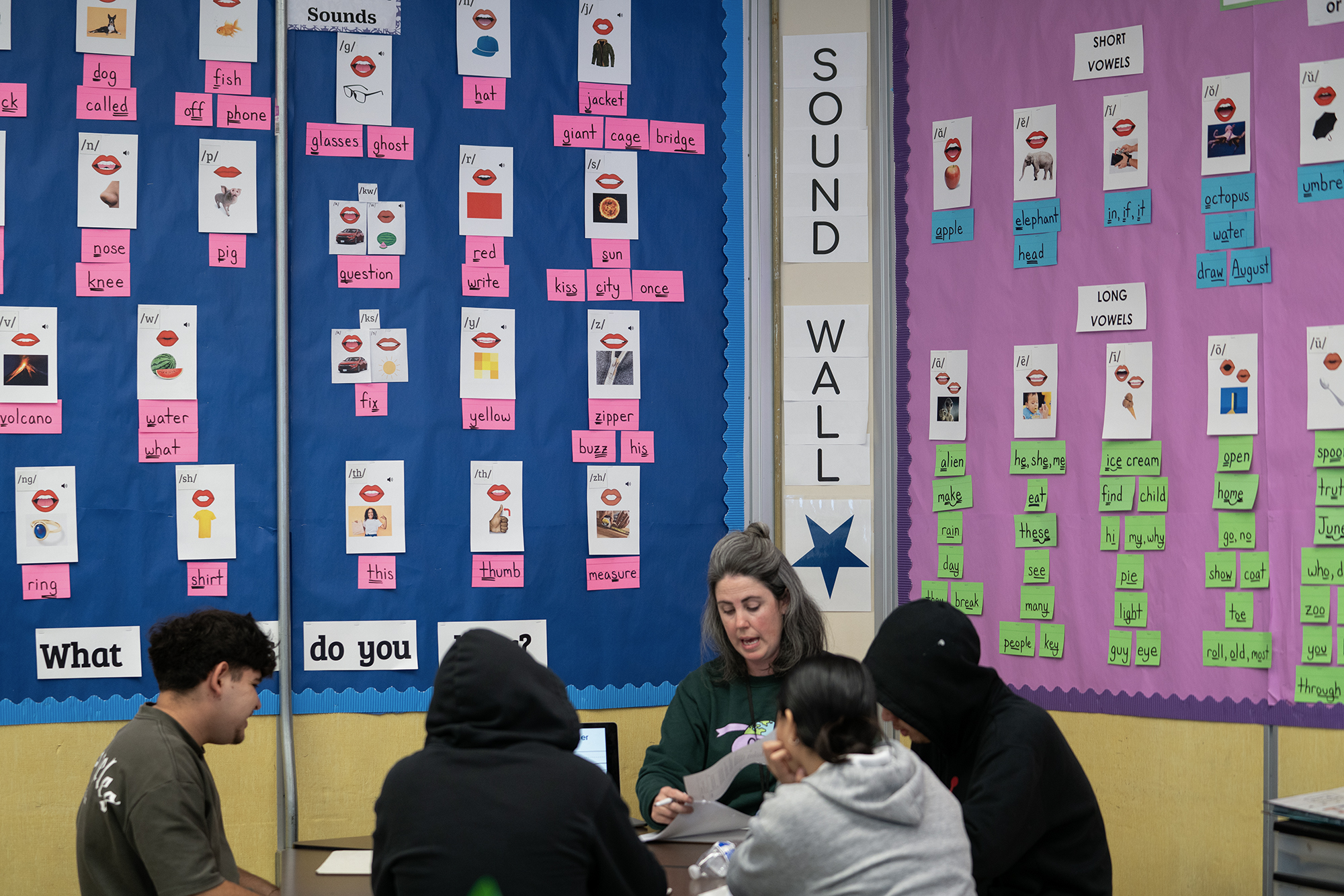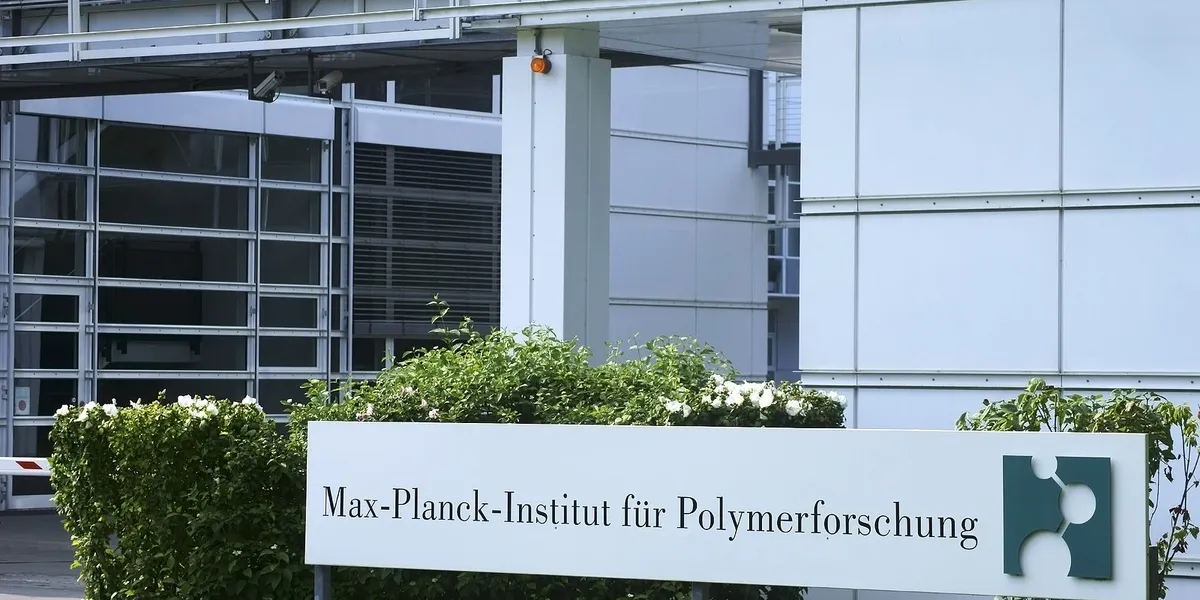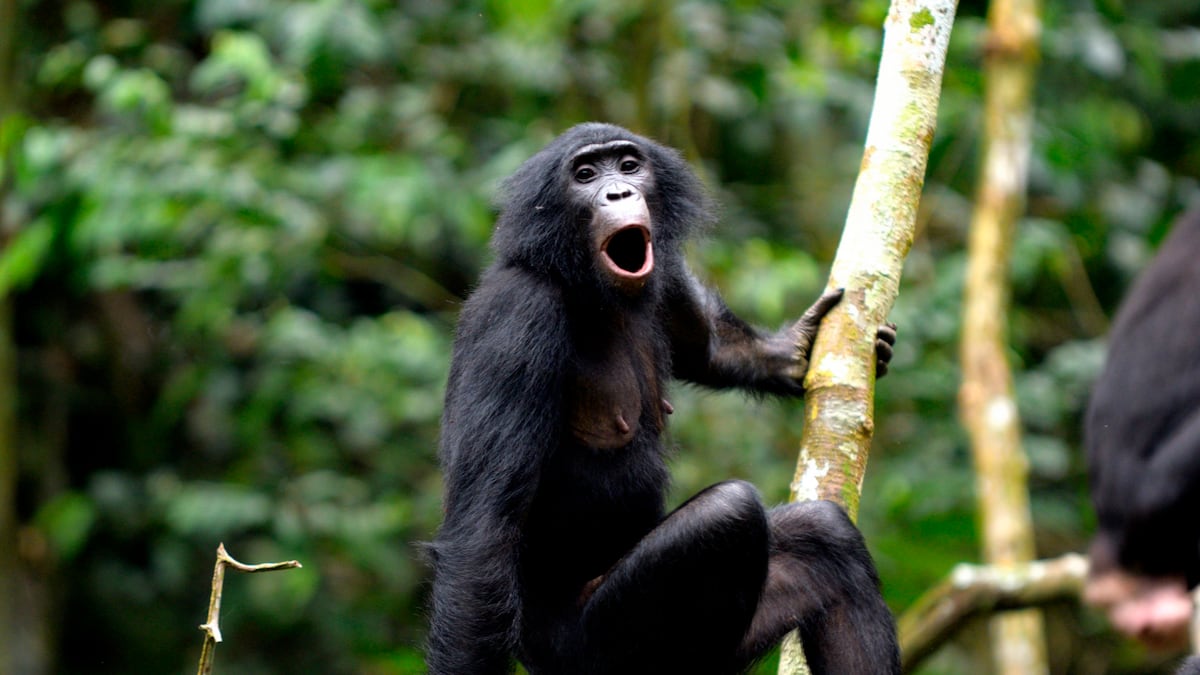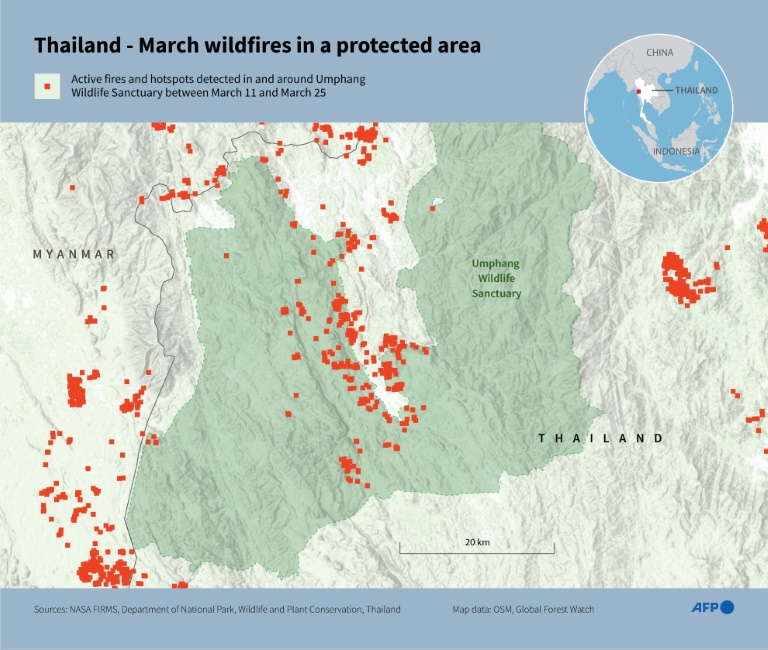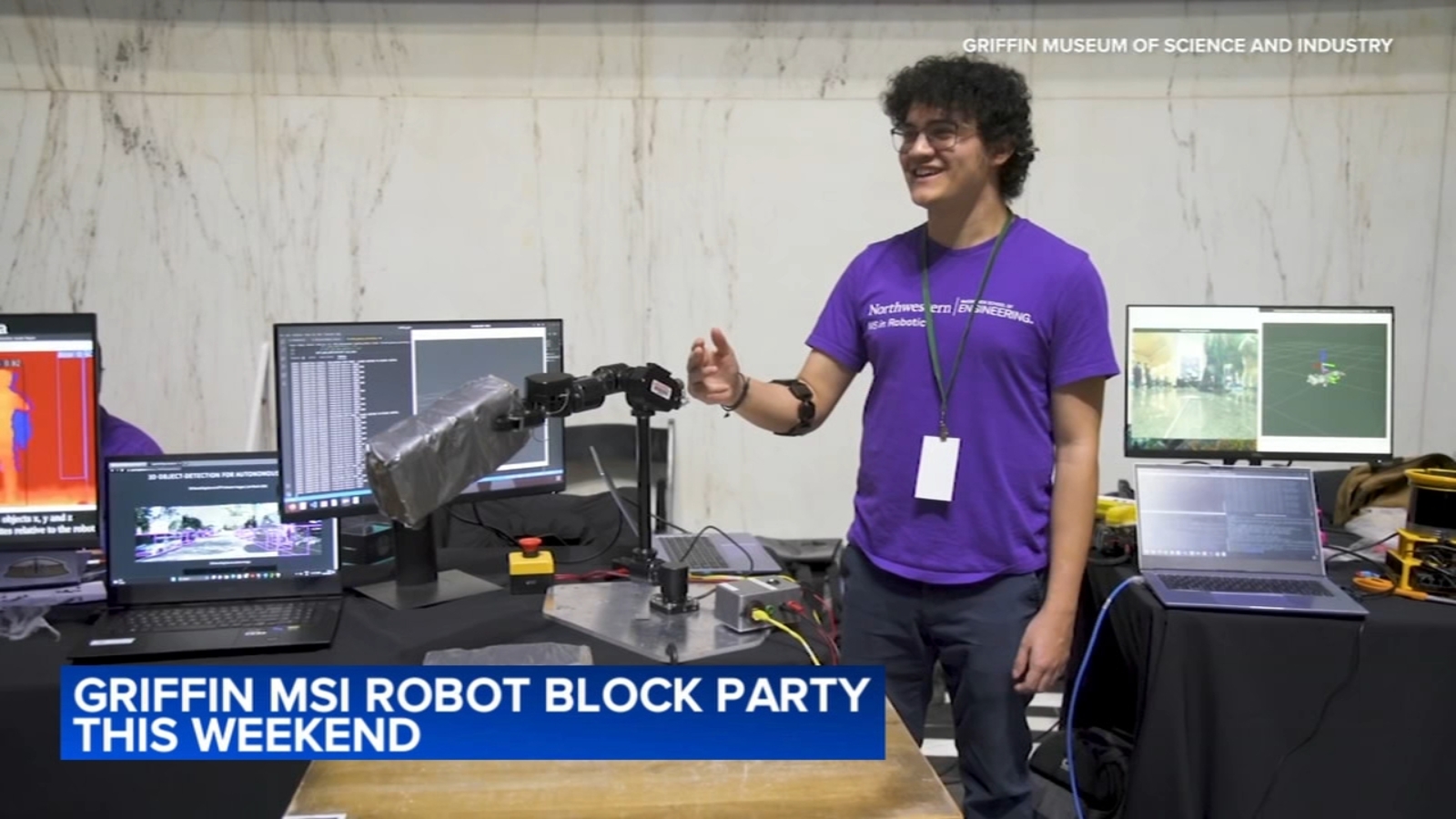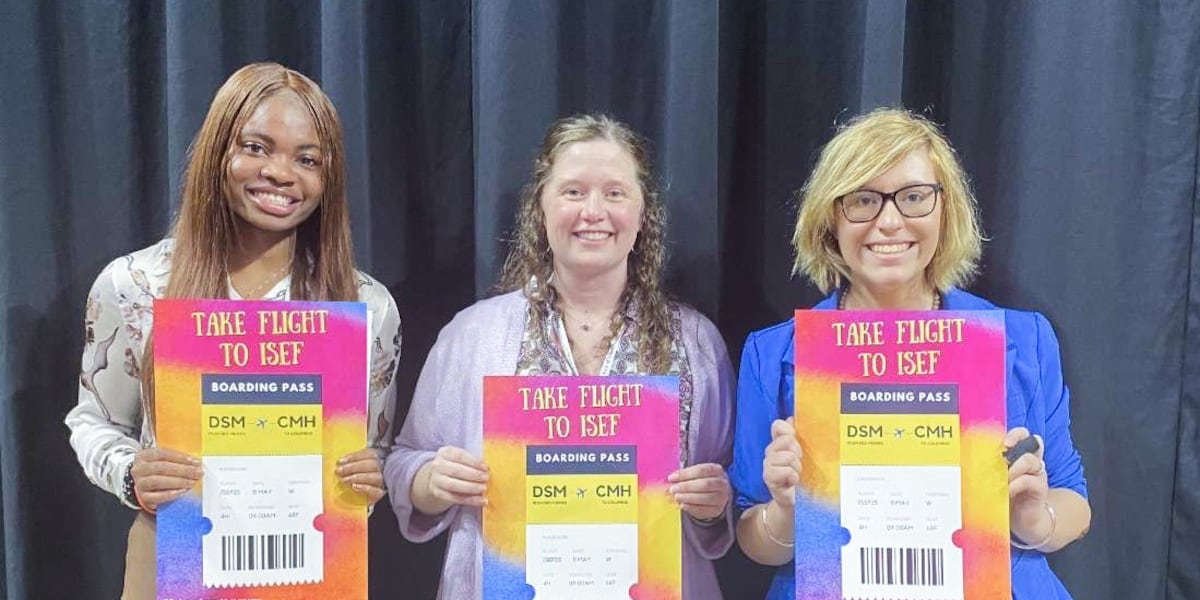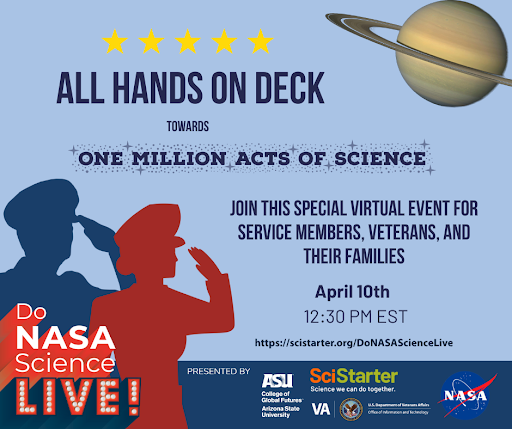
Blast Off with NASA: Exclusive Live Science Spectacular Coming This April!
Celebrate Citizen Science Month: Discover, Learn, and Contribute!
This April, get ready to dive into the exciting world of citizen science! A powerful collaboration between NASA, SciStarter, the Department of Veterans Affairs, and the Association for the Advancement of Participatory Sciences is inviting people from all walks of life to become scientific explorers.
Citizen science offers an incredible opportunity for everyday individuals to contribute to groundbreaking research, make meaningful scientific discoveries, and help advance our understanding of the world around us. Whether you're a curious student, a passionate nature lover, or simply someone eager to make a difference, there's a citizen science project waiting for you.
During Citizen Science Month, participants can engage in a wide range of fascinating projects, from tracking wildlife and monitoring environmental changes to assisting with space research and medical studies. No specialized background is required – just enthusiasm and a desire to learn!
Join the movement, expand your knowledge, and become part of a global community of citizen scientists making real-world impact. Your observations, data, and contributions can help researchers solve complex challenges and unlock new insights across various scientific disciplines.

